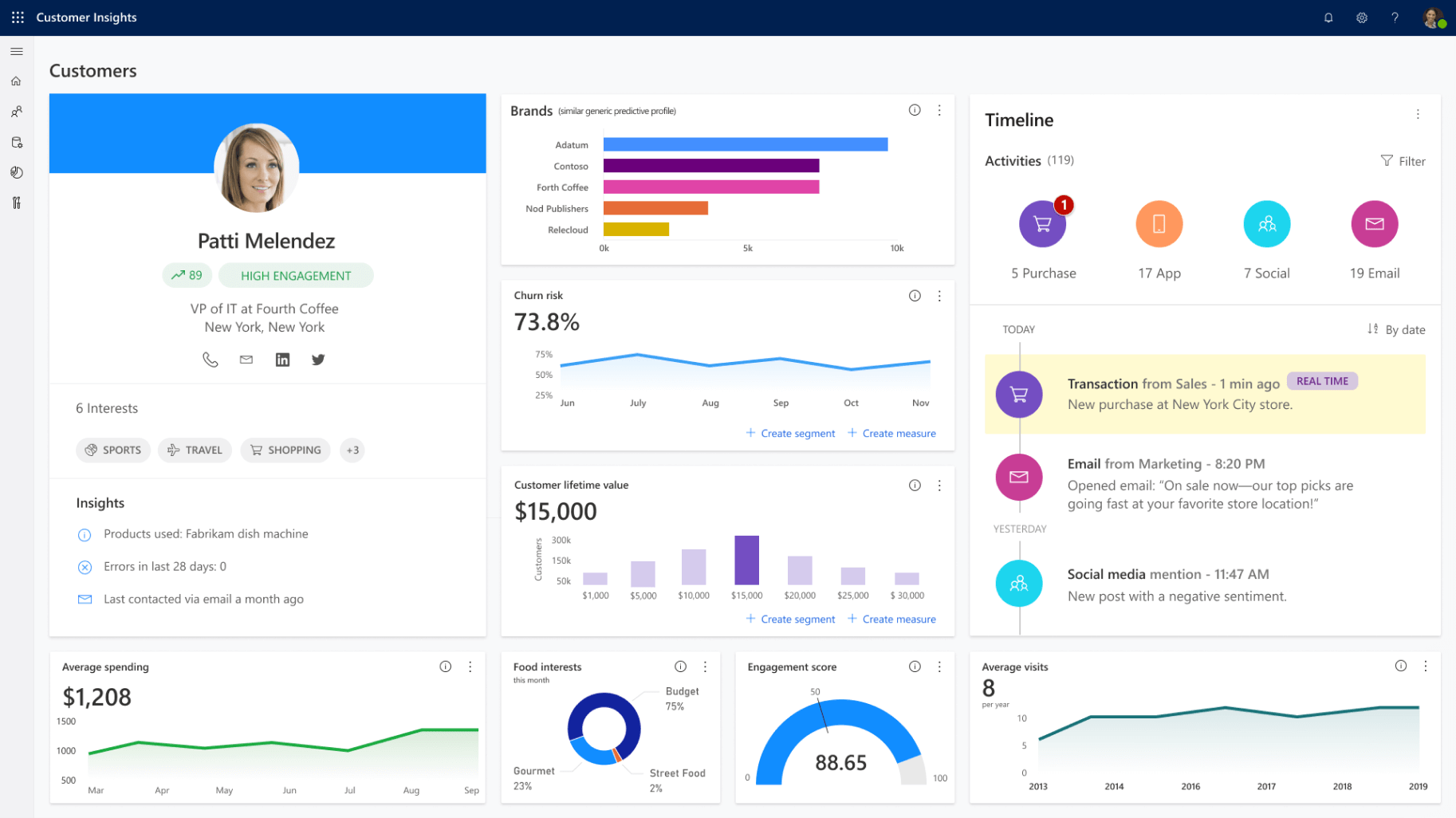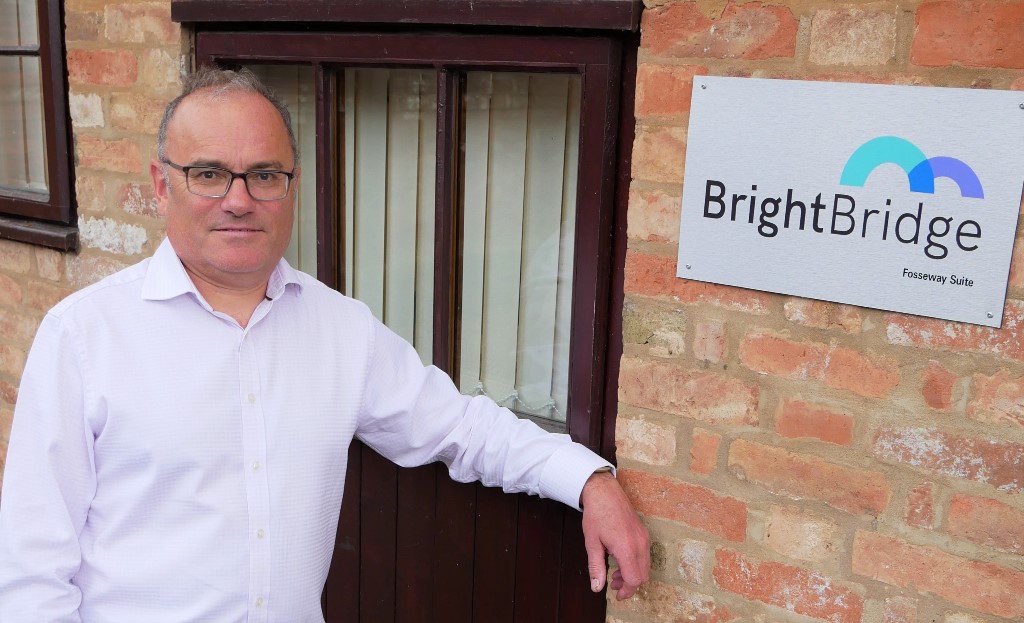A match made in communications heaven – using customer behaviour data and AI to resonate every time

With the customer experience still very much king, changing consumer behaviour fuelled by on-going uncertainty continues to shape the way hospitality businesses engage in the most meaningful way.
2022 certainly proved to be another turbulent year for the tourism and recreation industry. According to the Lloyds Bank UK Sector Tracker, it saw the sharpest fall in consumer demand of any UK business sector in August 2022. It then contracted at the fastest pace since February 2021 during September, but in January tourism and recreation saw the second largest month-on-month rise in output expectations of any sector (59.6 versus 47.7 in December).
Businesses must simply continue to adapt and react to the changing landscape in a race to get customers through their doors, and then persuade them to return. In a world with economic insecurity as well as altered spending habits, it is challenging to adapt to such changes, but necessary. But how do you keep on top of the churn of customer priorities and concerns – efficiently – and illustrate that you can meet their needs? Technology.
Evolving customer considerations can be identified – and reacted to – through the investment in integrated business architecture, that comprises modules for back office and operational needs, and is linked to any must-have external software. Integrated can mean integrated. Modern Enterprise Resource Planning (ERP) solutions with best-in-class Customer Relationship Management (CRM) functionality are designed to help streamline all-important communications, and help businesses better understand consumer behaviour.

Your customers will tell you who they are… if you listen
Positive, streamlined experiences lead to dedicated customers, especially in industries where consumers are currently spending more reservedly. Even before recent challenging events, patrons of venues were embracing the age of contactless interaction; whether booking a hotel or restaurant, or checking in and out of accommodation. Despite ‘getting back to normal’, consumers have been further compelled to minimise these touchpoints and they demand self-serve 24-hour services, fast responses and up to date information available at their fingertips. This change in behaviour dictates businesses must refine their approaches both now and in the long term, but such touchpoints can also return crucial insights.
Investing in a modular ERP system with best-of-breed CRM capabilities like Microsoft Dynamics 365 is key within evolving landscape to harness data – nobody wants to feel drowned in data, or conversely starved of information. Such systems have the ability to facilitate omnichannel online communications, including a website chat bot, customer journey workflows, bookings, insights into web page visits and all-important customer profiling. Implementing contactless processes that can automatically populate the CRM system with behaviour and buying habits data generates consolidated profiles which can be utilised to inform decisions on the next best action.
For example, a request for feedback on an experience at the right time could help tell you what campaign will resonate with that person when they’re considering their next escape or special meal. If a customer orders their food in a restaurant or treatments in a spa via an app, and that data is populated into the CRM, you have the tools to engage better and create a personal offer should they not come through the door again soon. Facilitating a 360-degree view of the customer from a single, centralised system, not only enhances the overall customer experience, but it also empowers businesses with an improved grasp of customer behaviour – and how they engage across various customer touchpoints.

Utilising AI to help with who, when, why and what
The cost-of-living crisis has affected spend on ‘nice-to-have’ experiences, such as eating out, holidays and social activities. Yet while some customers may be counting the pennies there are ways for the industry to engage with those who are just waiting to be tempted. Whether through targeted campaigns, seasonal offers or loyalty schemes, businesses can stay ahead of the curve and exceed expectations by communicating ‘on point’ offers coherently and consistently; especially now when customers also demand transparency more than ever before.
With intuitive CRM and marketing solutions within ERP architecture, businesses can swiftly execute multi-channel campaigns that help communicate messages about the things that are important to individuals, right when it counts. With Microsoft Dynamics 365, campaigns and communications can be seamlessly executed across email, web and social platforms. Naturally, the data you obtain through a customer’s actions may not be enough to get a fully rounded picture of their preferences and there’s of course those first timers you want to attract. So, in 2023 businesses should expect their technology to help them gain deeper insights and present real-time opportunities so that marketing campaigns can be developed and expanded to always strike the right note.
Artificial Intelligence (AI) capabilities largely contribute to the customer profile in this way, filling in data gaps, analysing customer sentiment and even determining the next best action based on this information. This can even be automated. Businesses can also take advantage of maximising upselling and cross-selling opportunities, thanks to intuitive data analysis that provides insights from which personal, multi-channel campaigns can be developed. Allowing teams to respond with greater agility and accuracy when it comes to landing messages, AI is an indispensable tool that luxury hospitality businesses can utilise to make communications work harder.
Businesses that are seeking to evolve their approach to sales, marketing and service to better resonate with customers who are being more cautious with spending are embracing cloud-based business applications. Refining personalised communications based on people’s desires, interests and budgets will empower those in hardest hit sectors. When a customer knows that they are understood and an individual that really matters, that’s when loyalty and advocacy can be achieved.

Ian Robertson – BrightBridge Sales and Marketing Director
Ian Robertson is the Sales and Marketing Director of BrightBridge, a UK-based technology consultancy offering Oracle NetSuite and Microsoft Dynamics 365 solutions. Ian has over 30 years of experience in ERP and CRM implementations. Prior to forming BrightBridge, Ian worked for a major US IT corporation, where he acquired a depth of knowledge around time saving efficiencies through technological integration and automation.
Follow BrightBridge on LinkedIn – https://www.linkedin.com/company/brightbridge-uk and Twitter – https://twitter.com/brightbridge_uk

